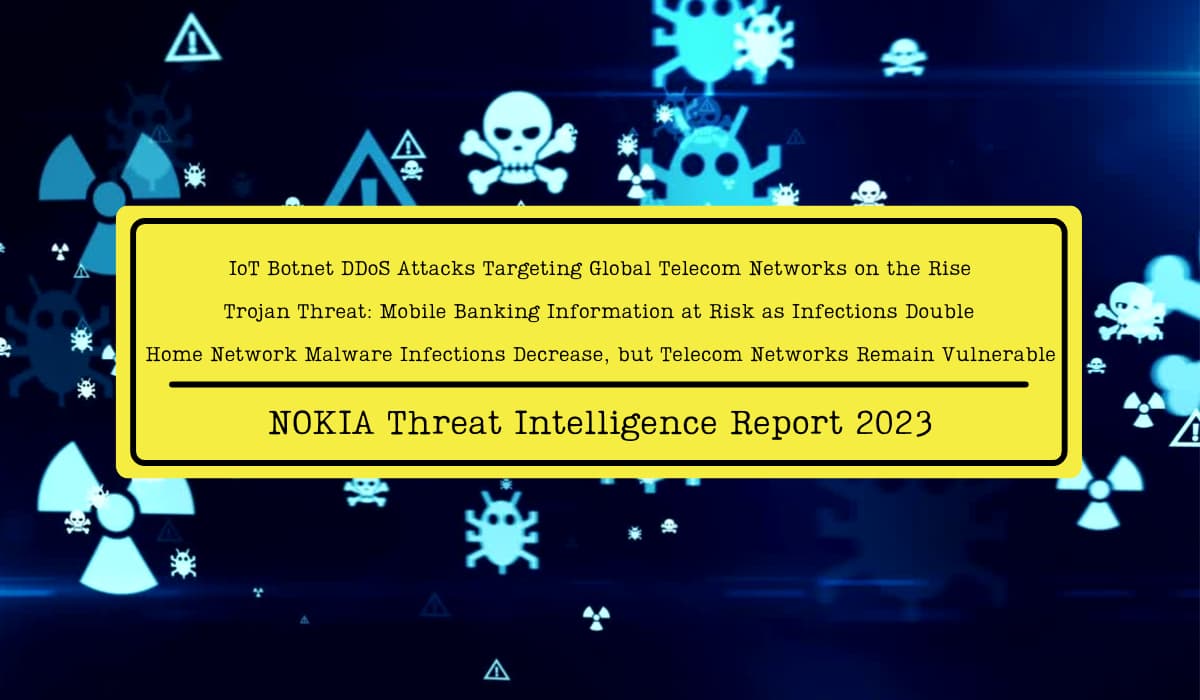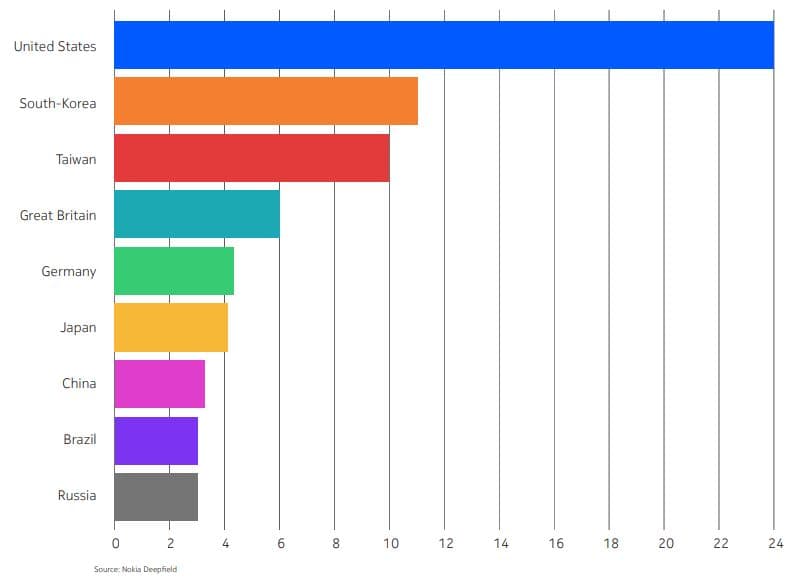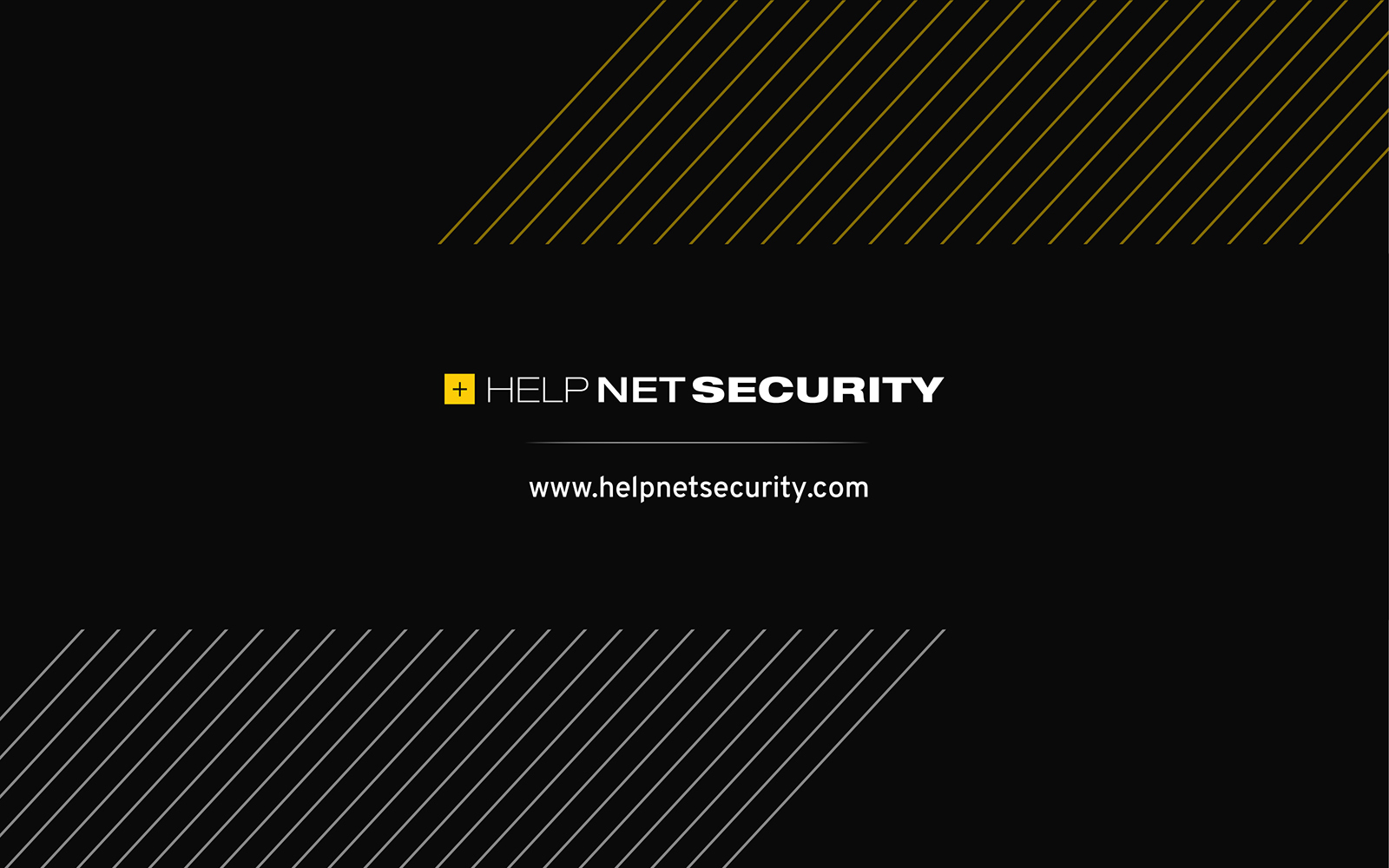IoT Botnet DDoS Attacks Threaten Global Telecom Networks, Nokia
In addition to the rise in botnet-driven DDoS attacks, the Threat Intelligence Report highlights a doubling in the number of trojans targeting personal banking information on mobile devices, now accounting for 9% of all infections.
A recent report from Nokia’s Threat Intelligence Center sheds light on the alarming rise of IoT botnet DDoS attacks targeting telecom networks worldwide. The study reveals a fivefold increase in such attacks over the past year, with cybercriminals exploiting insecure IoT devices and profit-driven hacking collectives.
This surge in malicious activity initially observed during the Russia-Ukraine conflict, has now spread to various regions globally, jeopardizing critical infrastructure and services beyond telecom networks.
The proliferation of IoT devices among consumers has contributed significantly to the escalation of botnet-driven DDoS attacks. The number of compromised IoT devices used in these attacks has soared from 200,000 to approximately 1 million, currently accounting for more than 40% of all DDoS traffic.
The report underscores that this rise in attacks stems from the growing number of profit-driven hacking collectives, taking advantage of the Ukraine crisis.
A prevalent form of malware in telecommunication networks is bot malware, which scans for vulnerable devices—a tactic associated with multiple IoT botnets. With lax security measures prevalent in billions of IoT devices worldwide, encompassing everything from smart refrigerators to medical sensors and smartwatches, cybercriminals have found ample targets to exploit.
In addition to the rise in botnet-driven DDoS attacks, the Threat Intelligence Report highlights a doubling in the number of trojans targeting personal banking information on mobile devices, now accounting for 9% of all infections. This puts millions of users worldwide at heightened risk of having their financial and credit card details compromised. Trojans are malicious software codes that disguise themselves as legitimate applications.
On a positive note, the report reveals a decline in malware…





